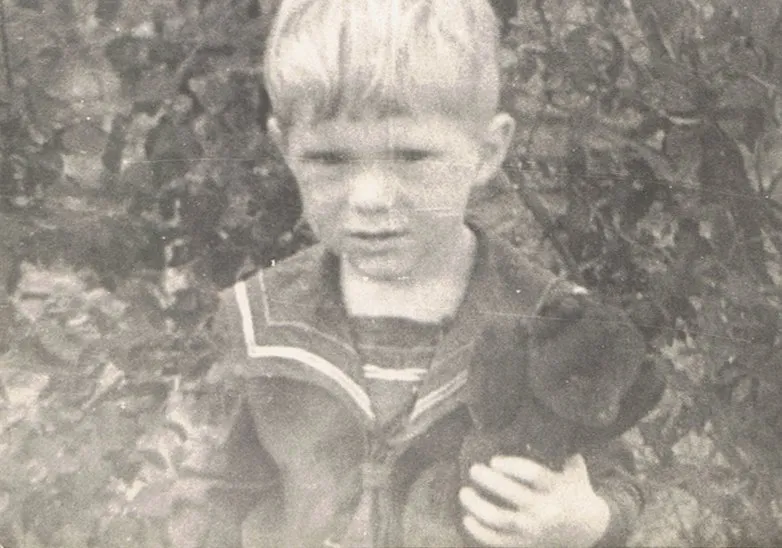
Living as a child in the Rostov region, in the now well-known city of Novoshakhtinsk bordering Ukraine, like all the boys of that time, he always went fishing. Nearby there was a huge reservoir, where a huge number of rudd with perches, and chubs with ruffs, and tench with roach were found. This is exactly what I suddenly remembered.
I remembered how the boys and I ran to the oil-pressing plant on the state farm, which was very close to our working miners' settlement “Novaya Sokolovka”. At this factory, set up back in the 30s of the last century, we were frequent guests, as we constantly took “makuha” fish for feeding.
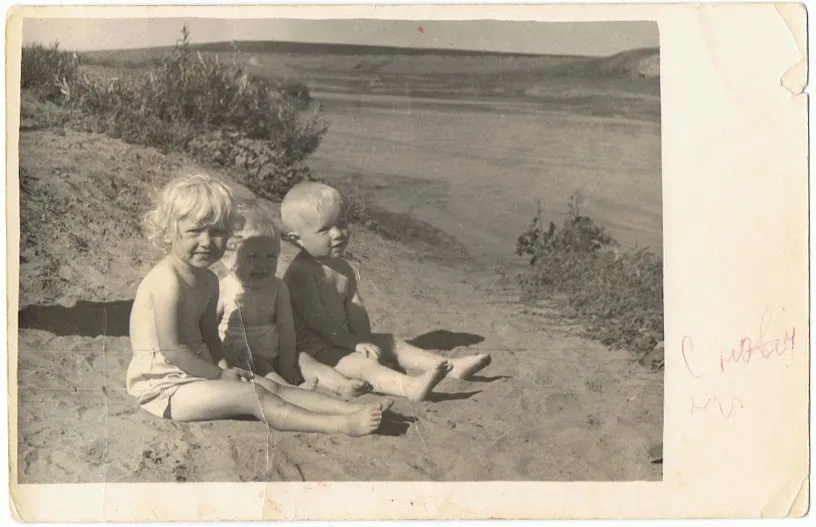
Makukha are such compressed circles from squeezed sunflower seeds. By the way, after the Great Patriotic War, many were able to survive, thanks to just such factories and the venerable makuha. Running to a factory that you can't even call a factory, so two machines and a conveyor line in the barn. But the workers, as one, proudly called him "the plant", since he was the breadwinner for the entire district, and not only for the state farm.
During the ripening period of the sunflower, whole mountains of round gold discs were brought here, which were threshed, knocking out the seeds from them, and then the seed was brought in for peeling and under the press. Sunflower oil, fragrant and tasty, was in every family. Well, that's understandable!
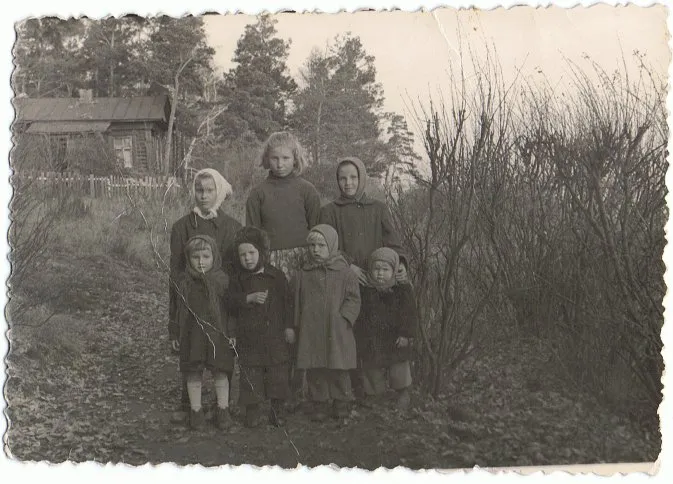
As I remember now, everyone around was growing just a sunflower, there was nothing else here. For example, potatoes have never grown in these areas. But beets, cucumbers, tomatoes, watermelons, melons, and onions - there was a lot of this “vegetable-fruit”. And mainly Koreans were engaged in cultivation, even in those Soviet times.
The picture is like this. Where the eye covered, to the very horizon, like pyramids towered - heaps of mines and next to them fields sown with sunny sunflowers. Something else was not visible in such a quantity, even if you climbed onto the highest waste heap. Although there were many apple orchards, melons and irrigated gardens. But all this was lost in its diversity among the vast and endless sea of sunflowers.
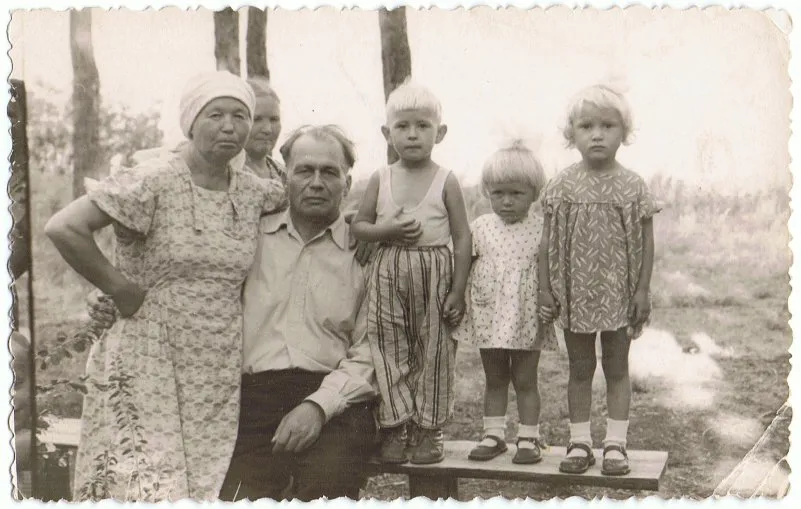
And the basis of summer was just that - in the morning the sky is clear, blue and transparent, the air is filled with the aromas of herbs and flowers, grasshoppers chirp, somewhere high, high, a lark is poured. And the boys and I are going to the reservoir to fish. Everyone in a bag or backpack always has a supply of the very same bag.
There were a lot of fish, we also caught pretty well each. If one of the guys caught, for example, less than a hundred pieces of fish, then he was considered a loser that day. From the shore, we rarely fished, usually everyone had car cameras from trucks. And the larger the diameter of the wheel, the "cooler respect" it was for the owner.
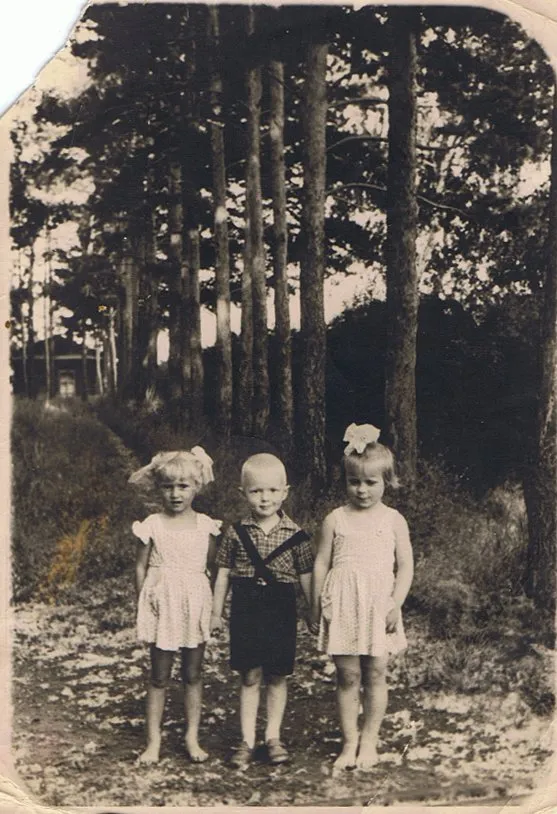
But most often there was a kind of "standard" - a Wheel from "ZIL", or from "GAZon". The camera was intertwined with all kinds of wire or belts and boards were installed to make it more comfortable to sit. One of my friends even installed a cropped chair with a back, so everyone asked him to ride this "miracle of miracles".
On these structures, we swam - who, where on the reeds and everyone had their own hidden places for parking and fishing, where we fed these places with the top. Nobody dared to encroach on someone's place, it was a violation of the boy's "code". We disappeared on the river for days, no one especially took food with them.
Only bread. We got everything we needed on the spot. They often raided collective and state farm gardens and melons. Although everything that grew there was planted in protective plantings. Here you have apples, apricots and cherries, but it's not so interesting. No, as they say - nix! Nobody drives you!
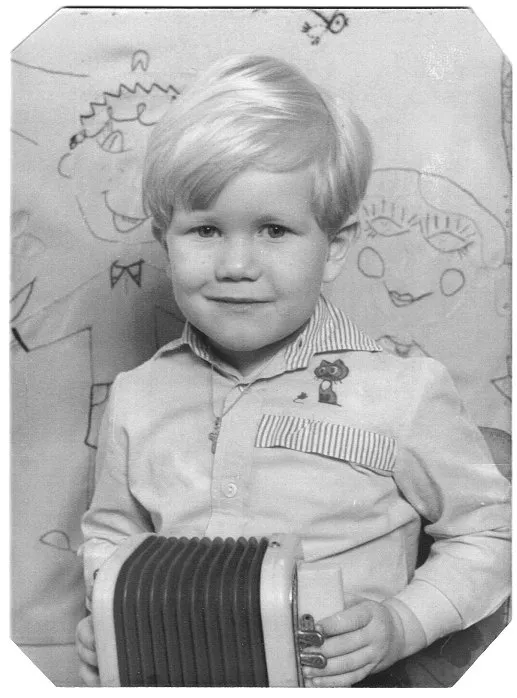
For the rest, our life was simple - they boiled fish soup, baked and smoked fish, picked berries. Sitting on Wheel in the reeds, often feeding the fish, they themselves gnawed on top. And what - it was quite tasty bait! They returned home by evening. All houses always had dried fish hanging on the windows, windows and balconies. Gathering in the courtyard in the evening, we could more often see "taranka", as we called dried fish, than seeds. Seeds, as we thought, are for girls. This is how my childhood passed in that distant time for me now. It seems that all this was somehow not with me. And this is a small page from my distant childhood.
-original photo;
-first publication (new photography);
-camera Sony 16.2.
(Translated via Google translator from Russian)

